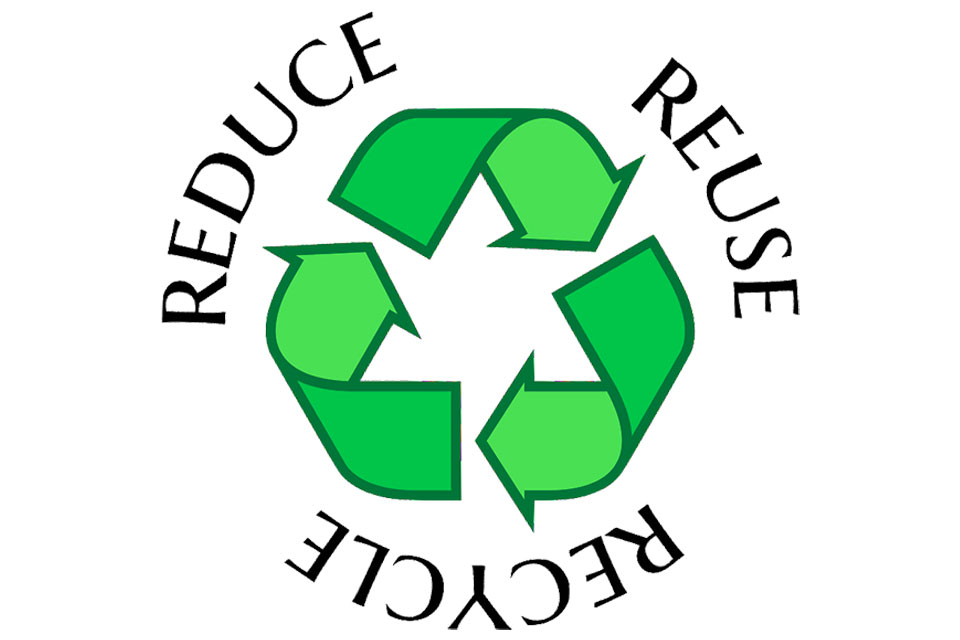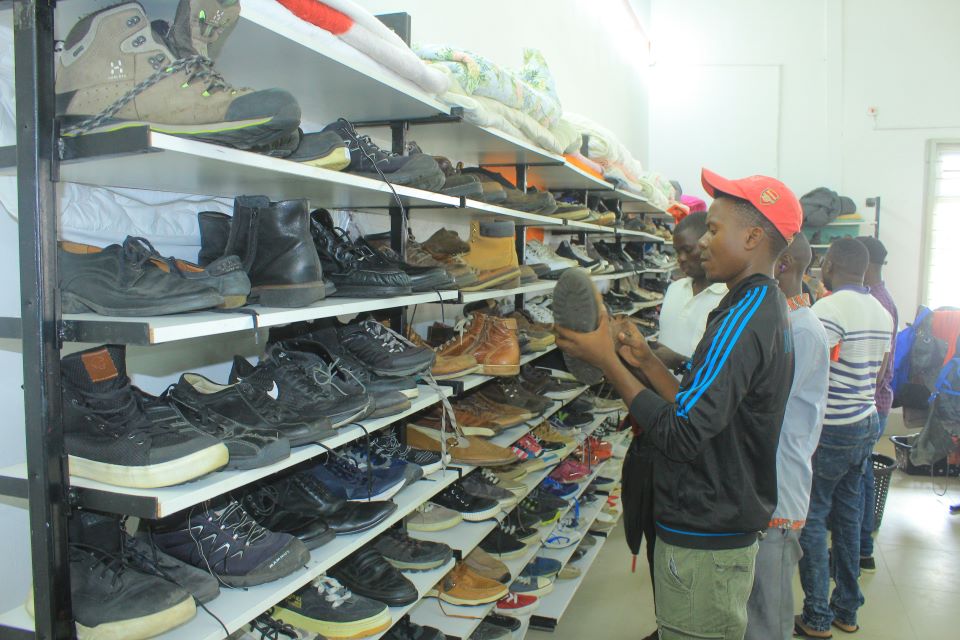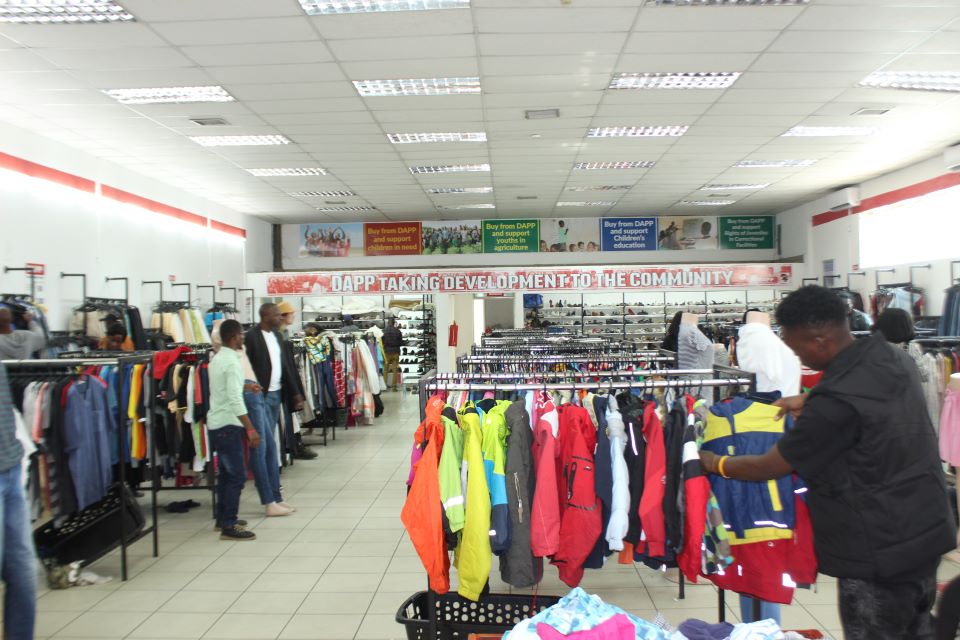EMPLOYMENT CREATION
To support government's efforts to create jobs and stimulate economic growth, DAPP Clothes and Shoes project has in employment 526 staff members who work directly in the 38 shops across the country. These dedicated staff in the shops are the backbone of our operations, providing excellent customer service and ensuring that our customers have access to affordable, highquality clothing. Some of customers buy clothes for themselves and families while other customers buy for resale to earn income from market stands, door to door sales, or in their small shops. This initiative has enabled many to earn a steady income and improve their economic prospects.
RAISING FUNDS
DAPP Zambia raises part of its funds by importing second-hand clothes donated by people in Europe through Humana People to People member organisations. These funds are then channeled into development projects across the country, driving community improvements and sustainable growth. Through our two-week pricing cycle, DAPP Zambia creates opportunities for our customers to buy clothes at their convenient time and price. We reduce our prices daily for fourteen days. Our team alternates the stages of the cycle across the shops to provide our customers with a variety of products to meet their budget.
MITIGATING CLIMATE CHANGE EFFECTS
Large-scale recycling of clothes and shoes significantly reduces global warming. By encouraging the reuse of second hand clothes, the project minimises the need for new ones, thereby reducing greenhouse emission and preserving natural resources such as water, textile and shoe production. It also involves the use of thousands of chemicals that may pose risks to both human health and ecosystems. For example, producing a single pair of jeans requires 3,781 litres of water and generates 33.4 kilogrammes of greenhouse gases. Less than 10 percent of the estimated 92 million tons of textile waste produced each year globally is recycled or repurposed. The remainder is disposed of in landfills or burnt, which increases greenhouse gas emissions and environmental degradation. Experts estimate that prolonging the lifespan of clothes could reduce greenhouse gas emissions by 44 percent. DAPP’s contribution to the reuse of second hand clothes and shoes has a positive impact on the global environment. The clothes imported from Europe are loved and used for shorter or longer time by our customers. About 60 percent of the clothes and shoes are made of plastic and reuse reduces the amount of plastics waste in our environment.

PULL DOWNS
At the end of the two-week sales cycle, a few clothing items remain nicknamed “Pull Downs”. These are collected by the DAPP Clothes Donation Project and sorted into two categories: Those that can be recycled by DAPP participants and those that are sent for commercial recycling. In 2024, 50 groups comprising of 1,320 women and youth were trained in value addition and received a total of 6,450 kg of “Pull Downs” which they transformed into door mats, bed-covers, reusable sanitary pads and other items for income generation.

KEY FIGURES
2.2 million customers bought clothes from our shops for themselves, their families and for resale across Zambia in 2024.
